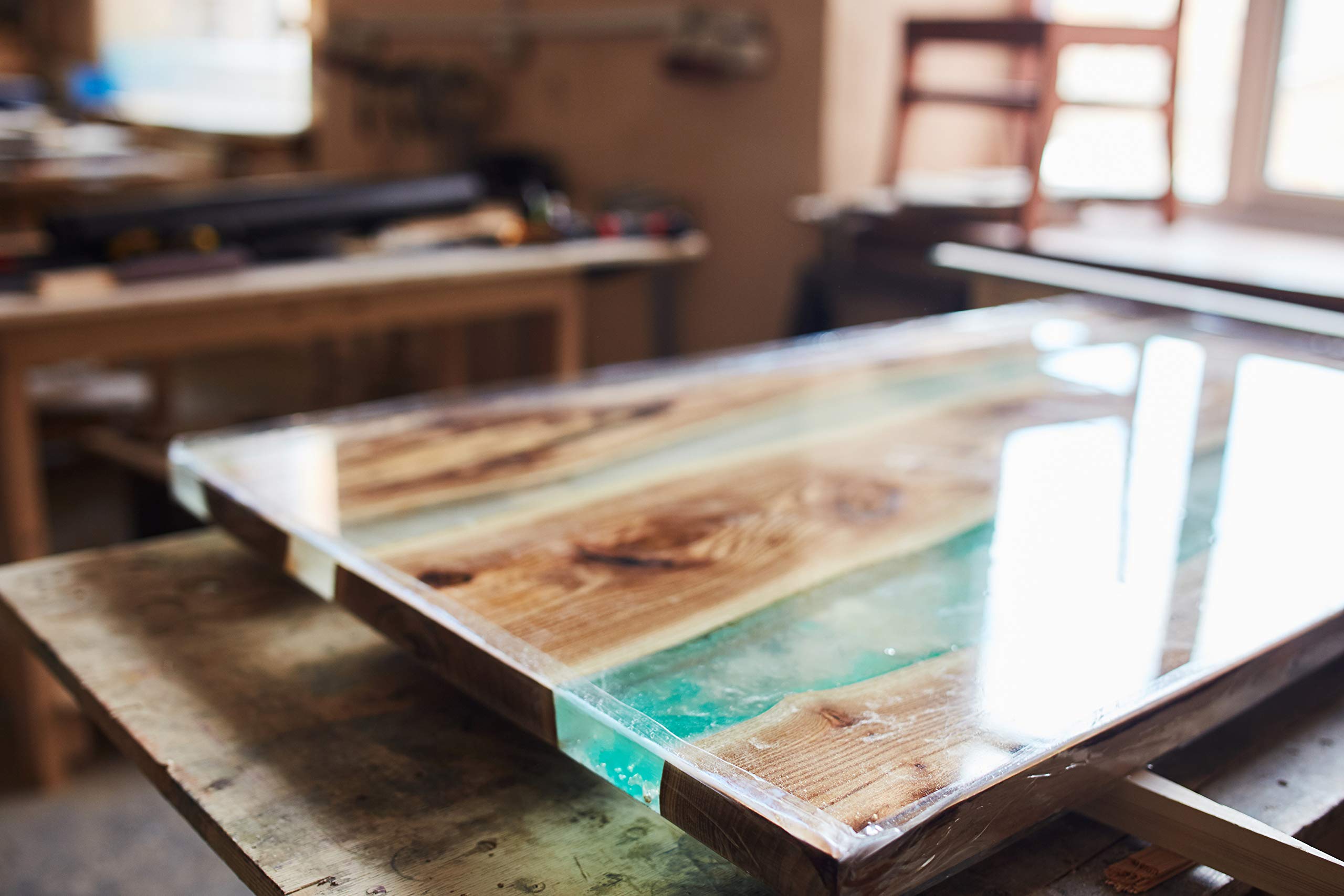·
Aug 7, 2025
How to Use Epoxy Resin Safely: PPE, Ventilation, and Storage Tips
1. Why Resin Safety Matters
Most epoxy resins contain reactive chemicals that, if handled improperly, can cause skin irritation, respiratory issues, and long-term health problems. Even if your resin is labeled “low VOC” or “non-toxic,” it doesn’t mean it’s completely harmless—especially in enclosed spaces or with repeated exposure.
2. Essential PPE for Working with Epoxy Resin
Always wear the following gear when handling resin:
- Nitrile gloves: These offer better chemical resistance than latex. Replace them if they become sticky or torn.
- Protective eyewear: Resin splashes can cause serious eye irritation. Safety goggles are ideal.
- Respirator mask: For enclosed or poorly ventilated areas, a respirator with an organic vapor cartridge is highly recommended.
Tip: If you're working with resin regularly, consider stocking up on a PPE bundle.
3. Setting Up Proper Ventilation
Good airflow is critical to minimizing fume exposure, even with "low odor" or "low VOC" resins. Here’s how to set up a safer working area:
- Choose a well-ventilated room with windows and, ideally, a cross-breeze.
- Use an exhaust fan to draw fumes out of the room.
- Avoid working near open flames or heaters, as some resins are flammable when uncured.
If you're setting up a home workshop, this ventilation guide for resin artists offers detailed diagrams and airflow recommendations.
4. How to Store Epoxy Resin Safely
Storage is often overlooked but crucial for both safety and resin shelf life. Here's what to keep in mind:
- Keep resin in a cool, dry place (ideally between 60°F and 75°F or 16°C–24°C).
- Seal containers tightly after each use to avoid contamination or hardening.
- Keep away from sunlight, children, and pets.
- Avoid storing in garages or sheds that experience temperature extremes.
For best results, label your resin containers with the purchase date. Most resins have a shelf life of 6–12 months.
5. Bonus Tips for Safer Resin Workflows
- Clean spills immediately with isopropyl alcohol and disposable paper towels.
- Avoid eating or drinking in your resin workspace.
- Wash hands thoroughly after each session—even if you wore gloves.
- Dispose of used materials (gloves, stir sticks, cups) in a sealed trash bag, especially if they contain uncured resin.
Final Thoughts
Epoxy resin is a safe material when handled responsibly. By using the right PPE, setting up proper ventilation, and storing your materials carefully, you’ll reduce risk and make your creative time more enjoyable.
Looking to get started with a safer resin kit? Explore our [beginner-friendly resin bundles](insert internal product link) that include protective gear and step-by-step guides.
Have questions about resin safety or product compatibility? [Contact us directly](insert contact page link)—we’re here to help.


